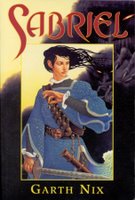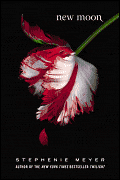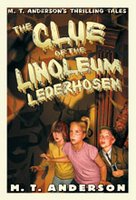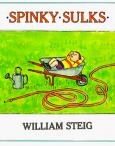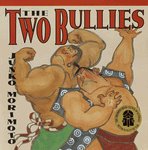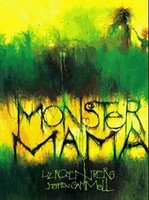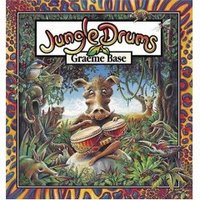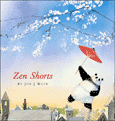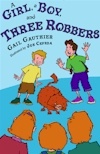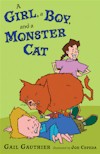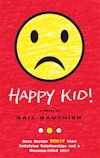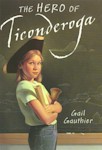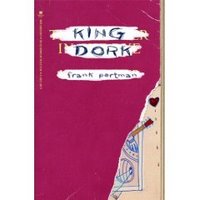
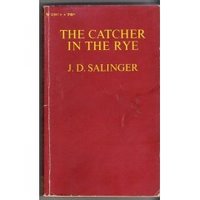
I just finished reading
King Dork, a very
well-received book by Frank Portman. As
Lewis Black might say, I'm having trouble wrapping my mind around this and feel as if my head might explode.
Tom, or Moe, or Chi Mo, the King Dork of
King Dork is definitely a Holden Caulfield-type character though he claims to hate
Catcher in the Rye by...well, you know. Tom/Holden is a type of character who turns up a lot in literature as well as in teen movies and television shows.
Why are so many people attracted to stories of sad, loner, outcast adolescents? My theory is that a big percentage of the adult population is carrying around baggage about their sad, loner, outcast adolescence. Books like
King Dork validate their experience, providing "...a grand triumph of the underdog, a tribute to the noble spirit of the alienated and abused." (
King Dork)
My question is: How many times do I need to be validated?
Like many YA books,
King Dork is written in the first person. One of the pitfalls of using the first person is that it's easy to fall into a telling rather than showing mode. Lots of dramatic tension is undermined in
Dork because the King is constantly telling us about things that happened rather than showing us a scene. Tom takes to carrying copies of
Soldier of Fortune and wearing an army coat to put off his tormentors. I thought this was a very clever idea, myself. But having the character tell me about it was very much like my telling you about it now. The drama, humor, whatever of the situation just wasn't there.
The first-person narrator misses the climax of the book altogether. Storylines conclude without him and people
tell him about what happened after the fact, giving the story a
Sleeping Beauty aspect. (My original post discussed this aspect of the book more fully, but I decided I was giving away too much of the story and changed this paragraph for the benefit of people who haven't yet read the book.) The climax is all about talk.
Except for talking, Tom, himself, doesn't actually do a lot in the story. Even his band is primarily talk. Whatever changes come about in his character--and he does seem somewhat happier at the end of the book--are the result of things that are told to him or done to him. For instance, the sexual acts performed upon him by two different girls. I don't want to give too much away, but they are acts that require nothing of him, he does nothing for those girls. (Perhaps there's some kind of male fantasy thing going on here.)
While I was reading
King Dork, I kept noticing references that seemed too dated for today's teen readers to get: Virginia Slims commercials, Jimmy Buffet,
Carrie. And Tom is fan of 70s and 80s music, so there are lots of mentions of older groups. Evidently either the author or an editor had the same concern because the book includes a glossary a la
Georgia Nicolson. Very, very Georgia Nicolson.
Tom is witty. He reads some
deep books. He can make readers who identify with his suffering feel good about themselves.
Otherwise, I'm going to have to remain the lone outcast who doesn't get this book.
I sometimes wonder if I'm a nitpicky reader because I'm a writer. I'm always studying the books I read, looking for the authors' technique. I ran this theory past my computer guy who said, no, you're a nitpicky reader because you're you.
He didn't make that sound like a good thing.
NOTE: Tom talks about
Brighton Rock by Graham Greene. I read it when I was in college. Don't remember caring much for that, either.
